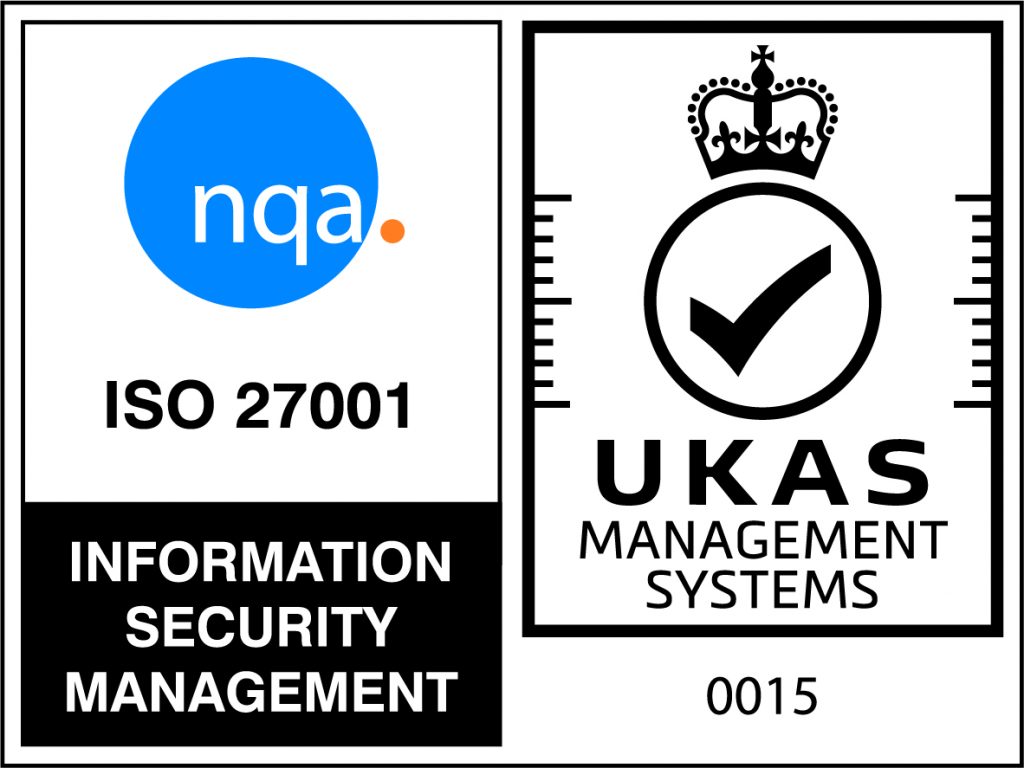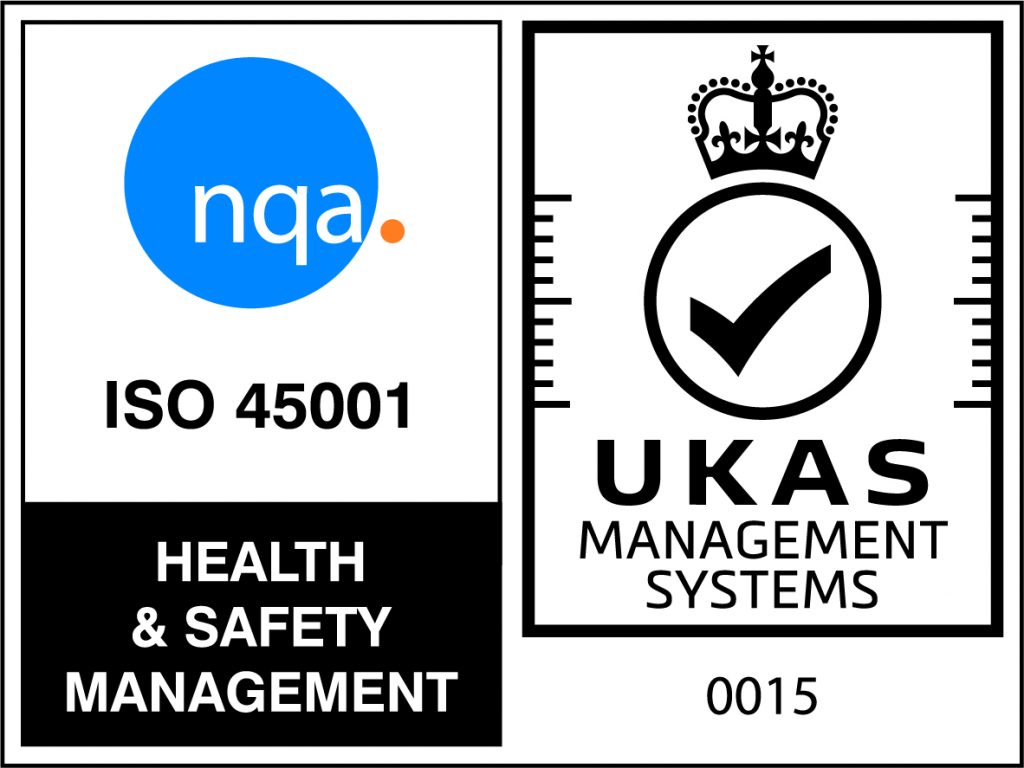 No one is disabled by their impairment, they are disabled by the world around them
No one is disabled by their impairment, they are disabled by the world around them
The vast majority of organisations already have policies in place when it comes to reasonable or workplace adjustments. From requesting a more supportive office chair for example, to needing a sign language interpreter, both of which enable someone to carry out their job to the best of their ability. These sound like pretty reasonable workplace adjustments, right? It’s pointed out that ‘reasonable’ is in itself a legal word and that actually the policies surrounding it can be rather vague…
Is it reasonable to ask for disabled access to a place of work?
Is it reasonable to ask for shorter, flexible working hours to allow for staff health benefits such as going to the gym or taking time to care for elderly relatives?
Yes, it is.
And here’s why if you are an employee you should ask for workplace adjustments and if you are an employer why you should create an inclusive culture without having to be asked in the first place. Who wants to speak first?
Most of us get asked if we have a disability on our initial job application form. It may be something that comes up in the interview — but not always. Once offered the job — it rarely ever comes up again. ‘Well, they should speak up! That’s on them!’ Partly, yes. But consider why employees find it hard to speak up and ask for help in the first place. Fear of being shamed — to have to justify their disability. Fear of being seen as ‘a problem’. Fear of not being taken seriously. Stories are shared — the lady who started a job and no one knew who she needed to speak to with her chair request. Her manager — not a clue. What’s wrong with the chair you’ve got? Everybody has the same chair. They’ll all be asking for a special chair next! Ask HR. HR — our department doesn’t deal with stuff like this. Have you asked your manager? Oh. Okay. So what’s wrong with the chair you’ve got? The manager asked you that same question did they? We’ll get back to you.
The request finally gets taken. Signed off. A chair appears. Months later. And during that time this lady has suffered actual physical pain. She has suffered embarrassment. And even if you aren’t human and don’t care about either of those things — she has not been working to the best of her ability for the job she was both qualified and employed to do. Not thinking about adjustments negatively affects your business. And here’s the real kicker — no one is disabled by their impairment. They are disabled by the world around them.
It is often the case that people simply don’t know about workplace adjustments so they don’t think to ask. Creating an environment where there is a shared D&I (Diversity and Inclusion) language allows for greater understanding and education throughout your company. It takes away the ‘us and them’ mentality and replaces it with ‘everyone’. Instead of wanting people with ‘grit’, what about bringing in greater diversity? People who are disabled already have to think differently to go about their daily lives.


 Back to News
Back to News

















